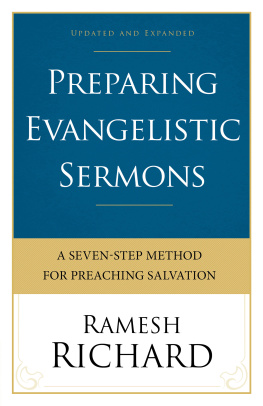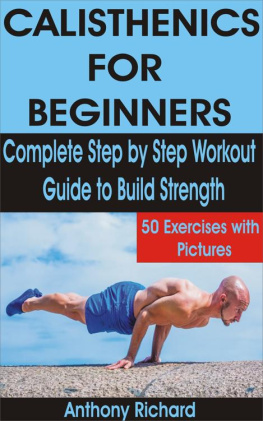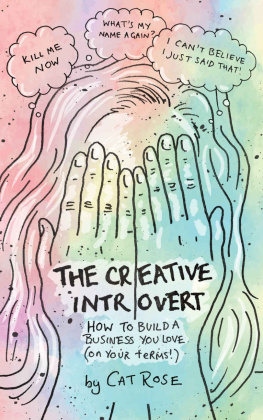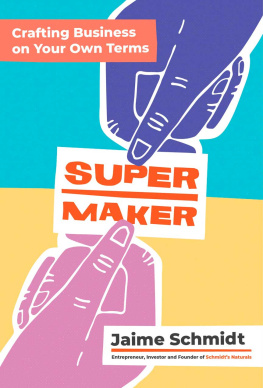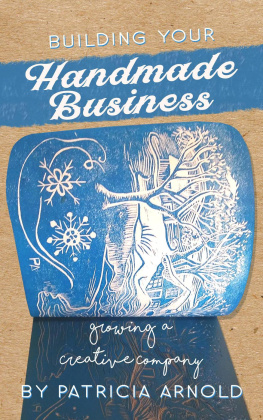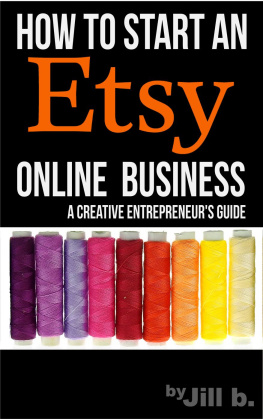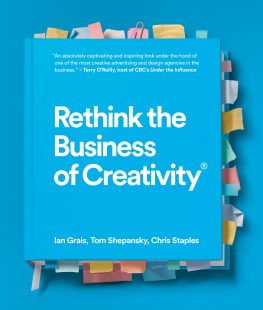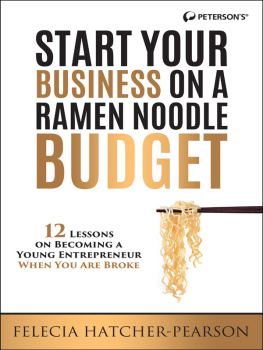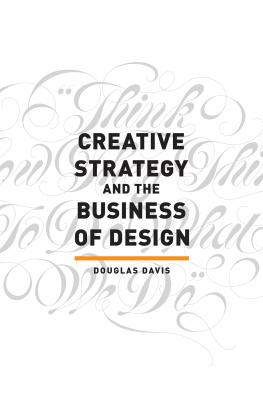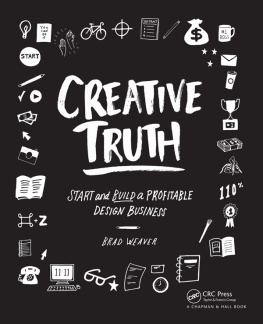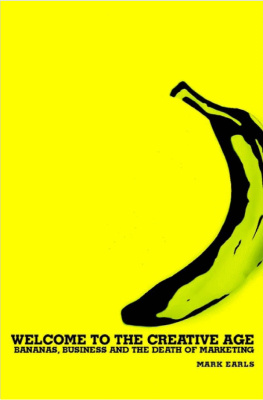Contents
Introduction
Doug Richard is a successful entrepreneur with three decades of business experience building, selling and investing in businesses of all shapes and sizes. You might, however, know him best from his two year stint as an angel investor on the BBCs Dragons Den. He believes that entrepreneurs are made and not born and thrives on helping people make the leap and set up their own business.
Doug believes theres a myth that people are born entrepreneurial (they arent) and theres a naive assumption that you have to have significant cash to start a business (you dont). He argues that no one is born an entreprenueur; they can be made and entreprenurship is a set of skills that can be taught. This glossary of terms provides you with the basic tools for starting a sustainable, viable, creative business.
The glossary is based on the key values of Dougs original School for Startups, founded in 2008. Through it, nearly 20,000 people have learned the vital business skills they need to succeed in business. In 2010 he established the School for Creative Startups, a tailor-made programme for creative people, low on jargon, packed with practical information and one-to-one support.
This glossary is a valuable tool, and can be used alongside Dougs brilliant new book, How to Start a Creative Business, a must-have for any creative-type wanting to start their own venture. Following ten key questions, this engaging startup guide covers the whole business journey from conception to global domination and the critical planning in between.
A
Accounts Payable
The invoices a company has received and has yet to pay are its accounts payable.
Accounts Receivable
The unpaid invoices a company has sent to its customers are its accounts receivable.
Advantage
Advantage is the difference in value one product or service offers over another.
Analytics
Analytics are metrics used to measure the search engine optimization of a site and the effectiveness of search engine marketing operations. Google Analytics (http://www.google.com/analytics/) can be configured to see how many people have visited your site, which websites sent them to you, what keywords led them there, what pages they looked at and how many times theyve returned over a given period of time. This information can help you determine if your online marketing and site design is drawing your target market to your site.
Appreciation
Appreciation is the amount of value an asset, tangible or intangible grows over time.
Apprentice
An apprentice is an employee who works for a business in order to acquire a significant set of skills as they pursue mastery of a given trade. Apprentices are always paid, and their level of expertise, performance and term of employment exceed that of an intern. Apprentices are actively mentored and often become fully fledged, full time employees of the business that trains them or go on to pursue the job theyve been fully trained for with others. Employing a good apprentice is an excellent business investment.
Assets
A companys assets are the physical property, intellectual property and other resources a company owns.
B
Business to Business (B2B)
Business to Business (B2B) companies sell to businesses rather than consumers.
Business to Consumer (B2C)
Business to Consumer (B2C) companies sell to consumers rather than to other businesses.
Ballpark
When people ask for ballpark figures related to a business, they are asking for rough estimates.
Bankruptcy
Companies become bankrupt when their liabilities become so much more than their income and assets that it becomes clear they cant pay their debts now and wont be able to pay them in the foreseeable future.
Board of Directors
A board of directors is a group of individuals elected to sit on the governing body of a company. They take responsibility for making decisions for the business which are executed by the employees of the enterprise.
Bootstrap
Entrepreneurs are said to bootstrap a business when they manage to get it running and profitable without taking outside investment or loans. New entrepreneurs frequently try to start their business by borrowing money orfinding investment, however bootstrapping a business is usually a better option. Bootstrapping, pulling oneself up by ones bootstraps, requires launching a business without the help of lenders or investors. One way to do this is to find a customer who is willing to place a pre-order for products or services before they can be delivered. In a perfect world the order would come with pre-payment, but even a purchase order can often serve as the basis for a very short term loan at low interest which will allow the business to fulfil the order and generate its first revenue. Bootstrapping a business cuts startup costs and minimizes risks and it is often a completely feasible option for many businesses including those selling information, intellectual property and services.
Brand
A company, product or services brand is the set of emotions that people associate with it. For example Volvo is the safe car company and Coke is the real thing. Your brand is critical to earning top dollar for what you sell.
Break Even
The break even point of a business occurs when total revenue equals total expenses. Above the break even point, the business is making a profit. Below the break even point, the business is incurring a loss.
Budget
A budget is a monthly or yearly projection of a businesss costs.
Business Model
A business model is a simple description of how a business works. It identifies what the business sells, who the customers are, what the price is, how the product is marketed and sold, who the competitors and strategic partners of the business are, etc.
A good business model is key to a profitable business. A business model is not a business plan.
Business Plan
A business plan is a document, frequently created by entrepreneurs seeking funding, which outlines their business model, financial forecasts, marketing strategies, product or service delivery strategies, current financial status, biographies of all key employees, risks to the business, etc. Generally a business plan need only be created after an entrepreneur has created and tested his business model and knows his business can make a profit.
C
Capital
The word capital can be defined as wealth and in the context of funding a business usually means investment. For example, a company that needs a capital infusion is a company that requires investment.
Cashflow
A cashflow is a month by month breakdown of revenues and costs that allow a business owner to see how much money they will have on hand at any given time. A good cash flow is critical to preventing a cash flow crisis which is when a business doesnt have the money it needs to meet monthly expenses even when it may have enough owed to it to cover those costs. A cash flow analysis looks not just at how much money is to be spent and how much will be received based on business operations but on when the money will be spent and received.


